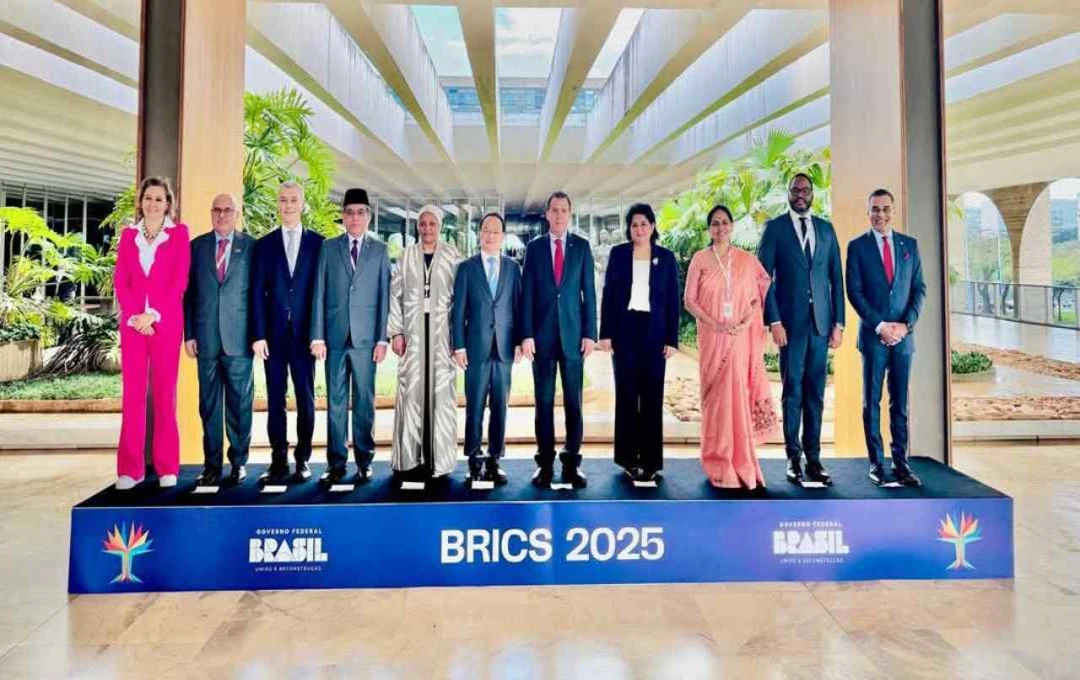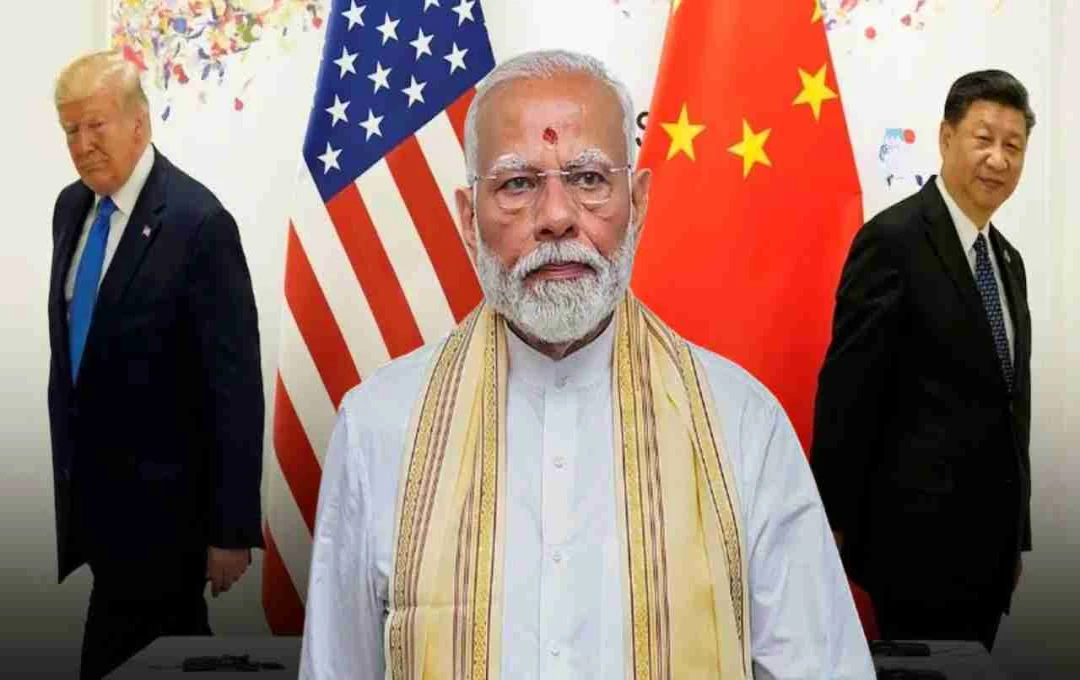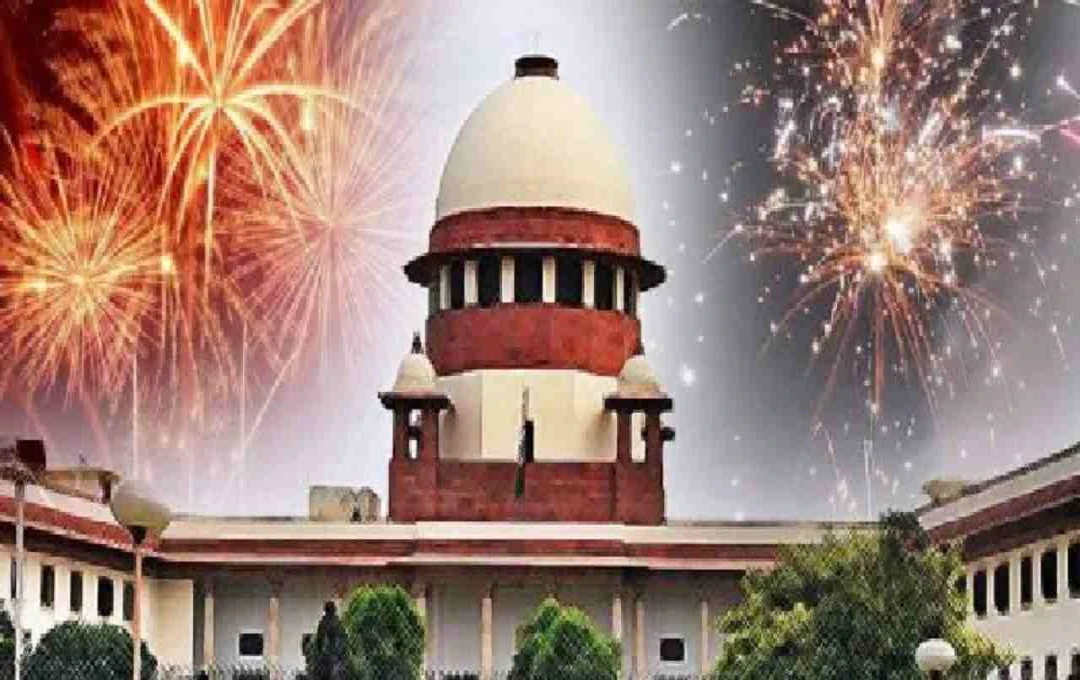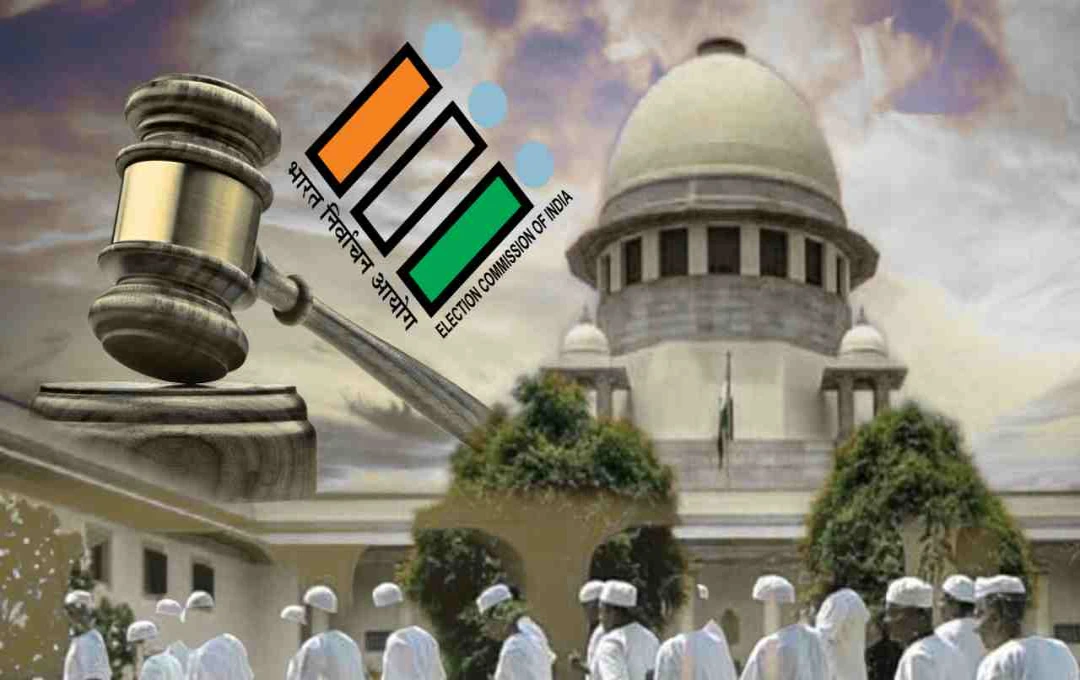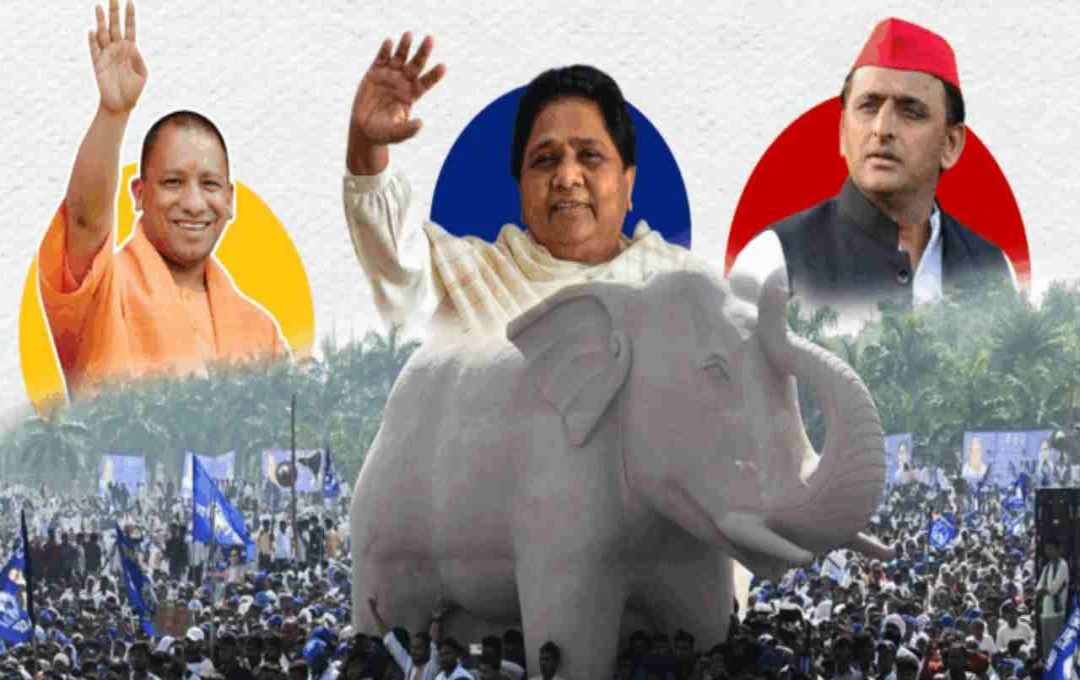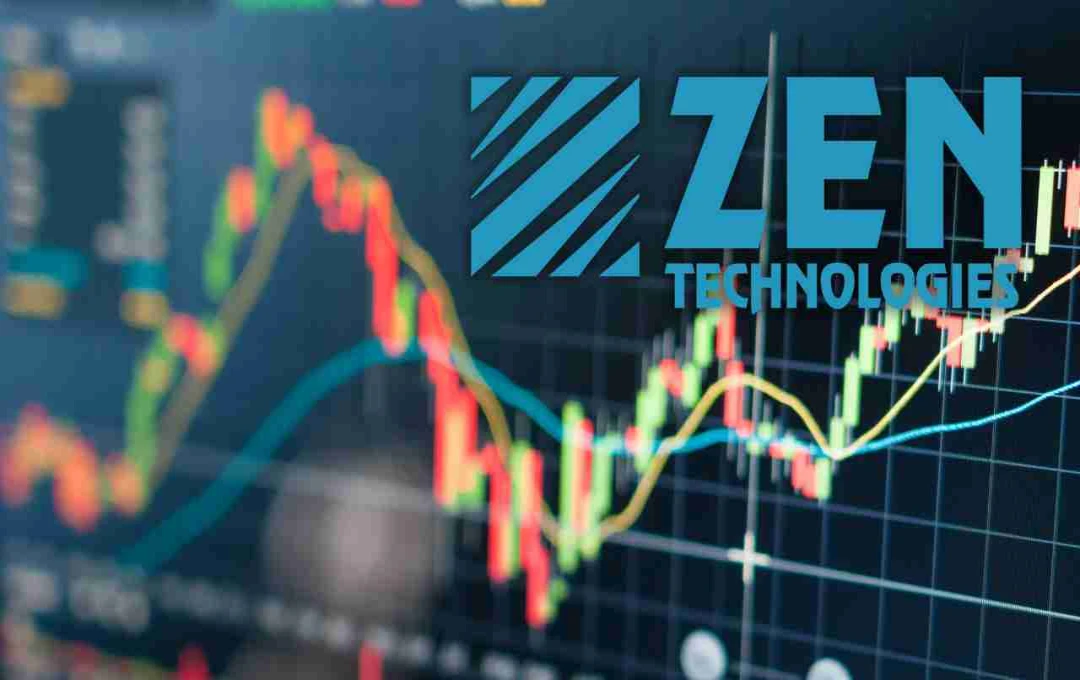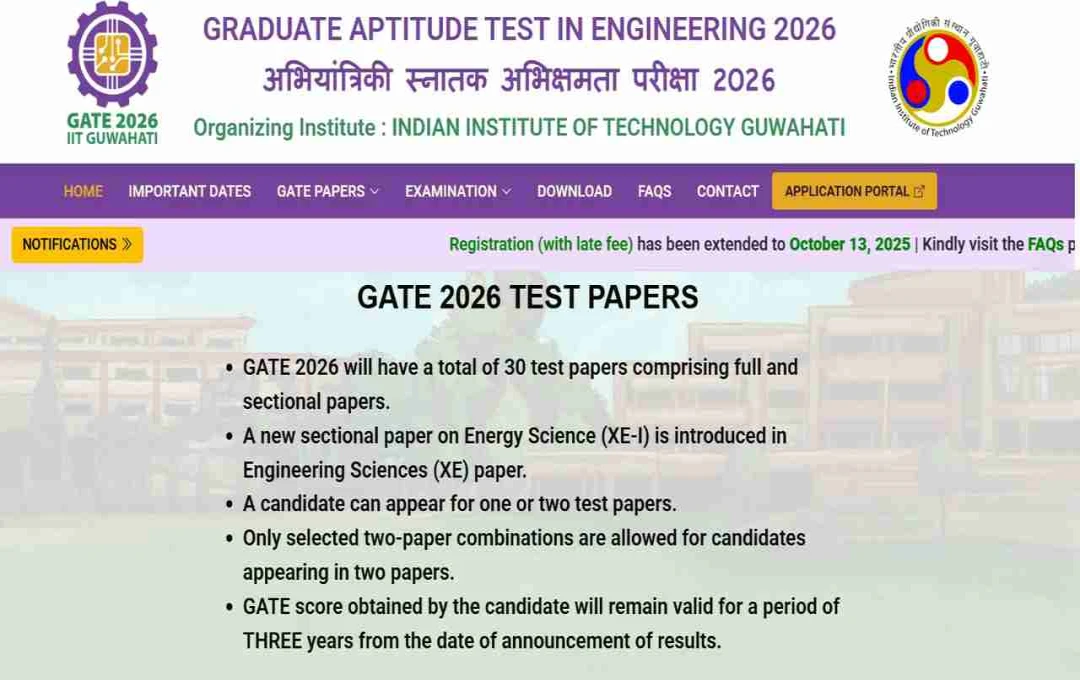The 17th BRICS summit will be held in Rio de Janeiro, Brazil, on July 6-7, 2025, marking a significant expansion of the group this year. BRICS now comprises eleven member states: Brazil, Russia, India, China, and South Africa, along with Indonesia, Iran, Egypt, Ethiopia, the UAE, and Saudi Arabia (as invitees).
Why is this significant?
Brazil, as this year's BRICS chair, has focused the summit on:
- Empowering the Global South – aiming to boost investment, trade, and climate partnerships among developing nations.
- AI Ethics and Digital Governance – India initiated a move at the Cultural Ministers’ meeting to develop AI ethically and inclusively within a defined framework.
- New Development Bank (NDB) – Strengthening the BRICS bank for improved financial institutions and infrastructure financing is also on the agenda.
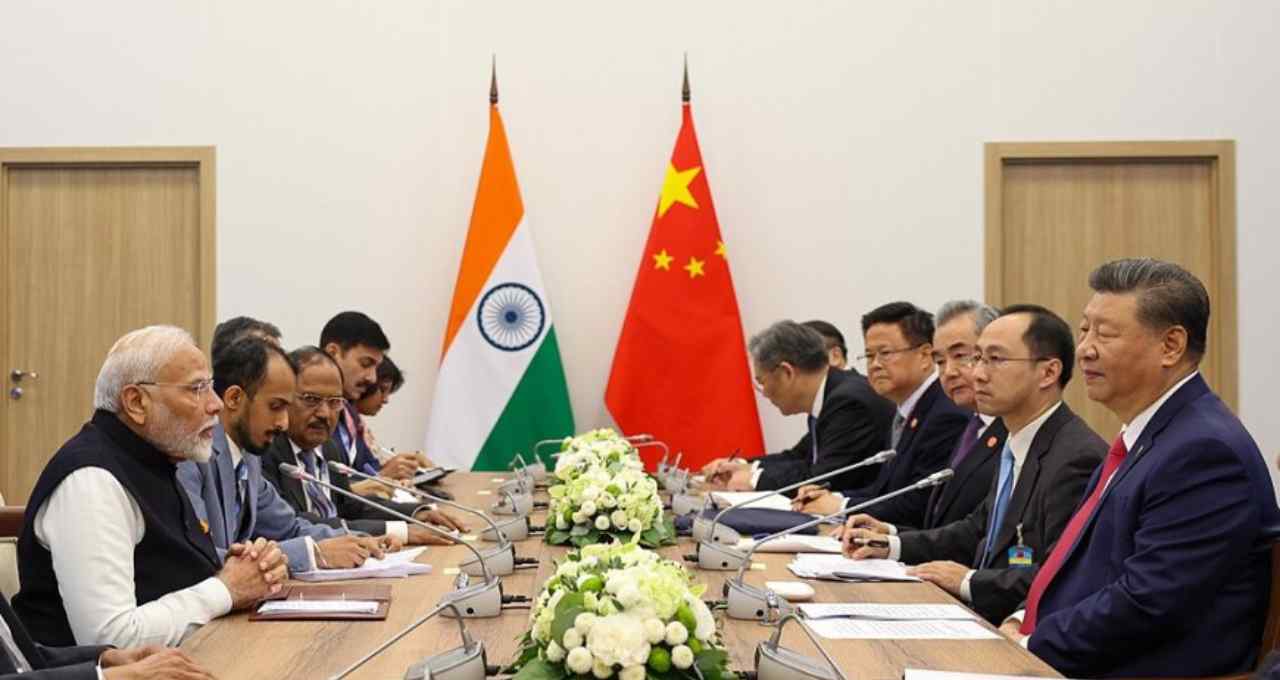
India's Role
India proposed at the BRICS trade ministers' meeting the removal of export controls within the bloc to ensure uninterrupted supply chains and smooth intra-BRICS trade. Furthermore, in the cultural forum, Gajendra Singh Shekhawat emphasized "ethical AI respecting cultural diversity," advocating for inclusive and accountable AI development.
Against potential protectionist moves in the US, major countries like Brazil and China have highlighted BRICS as a b platform for "rules-based multilateralism." This positions BRICS as a counterbalance, particularly regarding trade barriers and global governance.
Challenges Remain
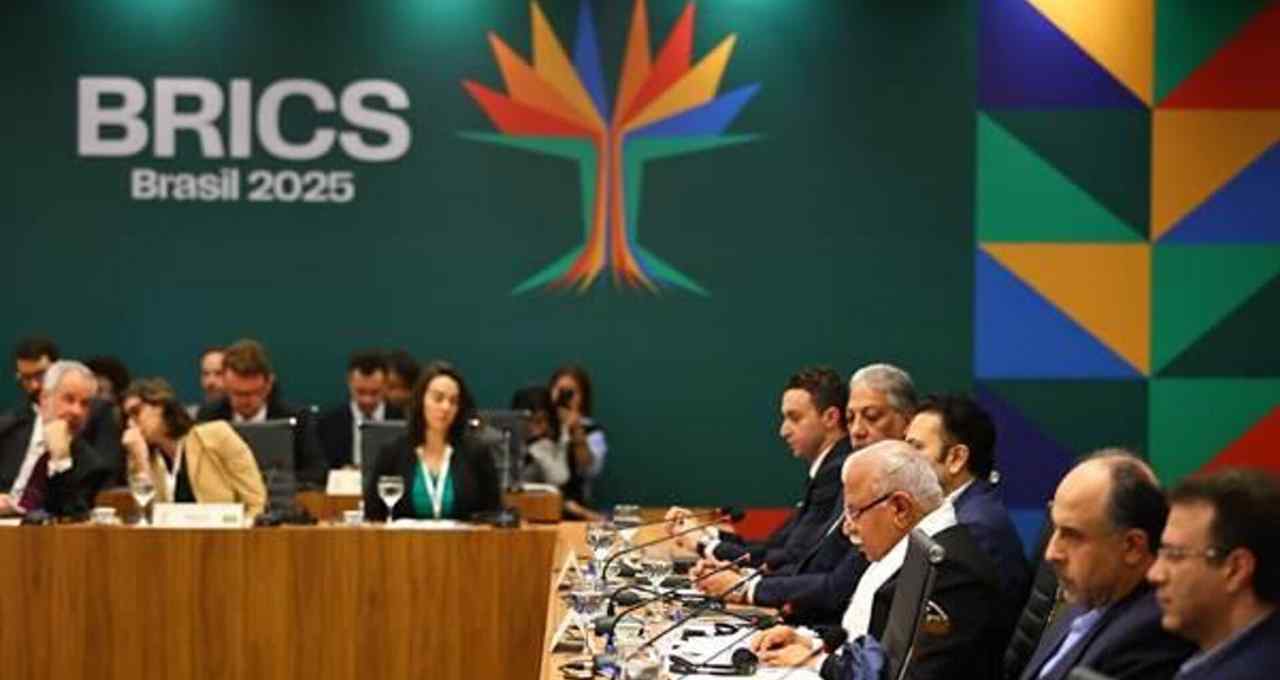
BRICS' expansion has made achieving consensus among member states challenging, leading to some friction in the drafting of the Rio joint communique. Integrating new members (Egypt, Iran, UAE, etc.) into collective planning presents significant logistical and geopolitical hurdles. The Rio BRICS 2025 summit is not merely a conference; it serves as a platform for India and other Global South nations for serious discussions on trade facilitation, ethical AI, and multilateral governance reform.
India has clearly presented its leadership and vision at this summit, demonstrating its political will through demands for removing export barriers, participation in ethical AI development, and strengthening the Global South. The key going forward will be the speed with which decisions made at the summit—trade agreements, NDB reforms, cultural & AI declarations—become actionable, and how they shape India's role in a new global order.
